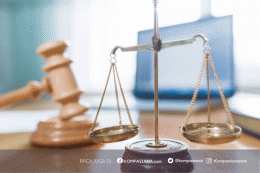The lack of the usual formulation and determination of freedoms and rights of individuals and citizens has left room for various - constitutionally permitted forms and methods of violation and endangerment and the small number of constitutionally established rights. Certain provisions of this constitution provided for the possibility of using repressive means in an unusually direct way in order to protect Democratic Kampuchea and its people. Such provisions have their special weight and significance if we keep in mind the fact of the existence of a relatively small number of members who regulate the basis of rights and freedoms. In that sense, the constitution was a proclamation of the basic goals of the state and the methods by which those goals will be achieved.
The period from 1975 to 1979 is the period of one of the most ultra-radical and totalitarian regimes whose extremism has surpassed all contemporary political orders. The repressive regime, unprecedented in recent history in terms of consequences, has caused enormous casualties. 25% of the total population (between 1.7 and 2.5 million people) were killed or died as a result of disease and starvation during the Khmer Rouge. During the Pol Pot regime, urban settlements were practically deserted, private property was eliminated, the use of money was stopped, the market was abolished, and religion was abolished.
Follow Instagram @kompasianacom juga Tiktok @kompasiana biar nggak ketinggalan event seru komunitas dan tips dapat cuan dari Kompasiana. Baca juga cerita inspiratif langsung dari smartphone kamu dengan bergabung di WhatsApp Channel Kompasiana di SINI







